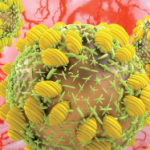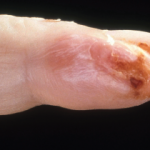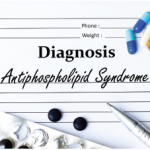CHICAGO—Leonard H. Calabrese, DO, professor of medicine at Cleveland Clinic in Ohio, presented on emerging concepts of viral infections and rheumatic disease at the ACR’s State-of-the-Art Clinical Symposium in April. “We are at a pivotal point in rheumatology in understanding the relationship between viruses and rheumatic disease,” began Dr. Calabrese. “It’s a very exciting time.” Dr. Calabrese…






